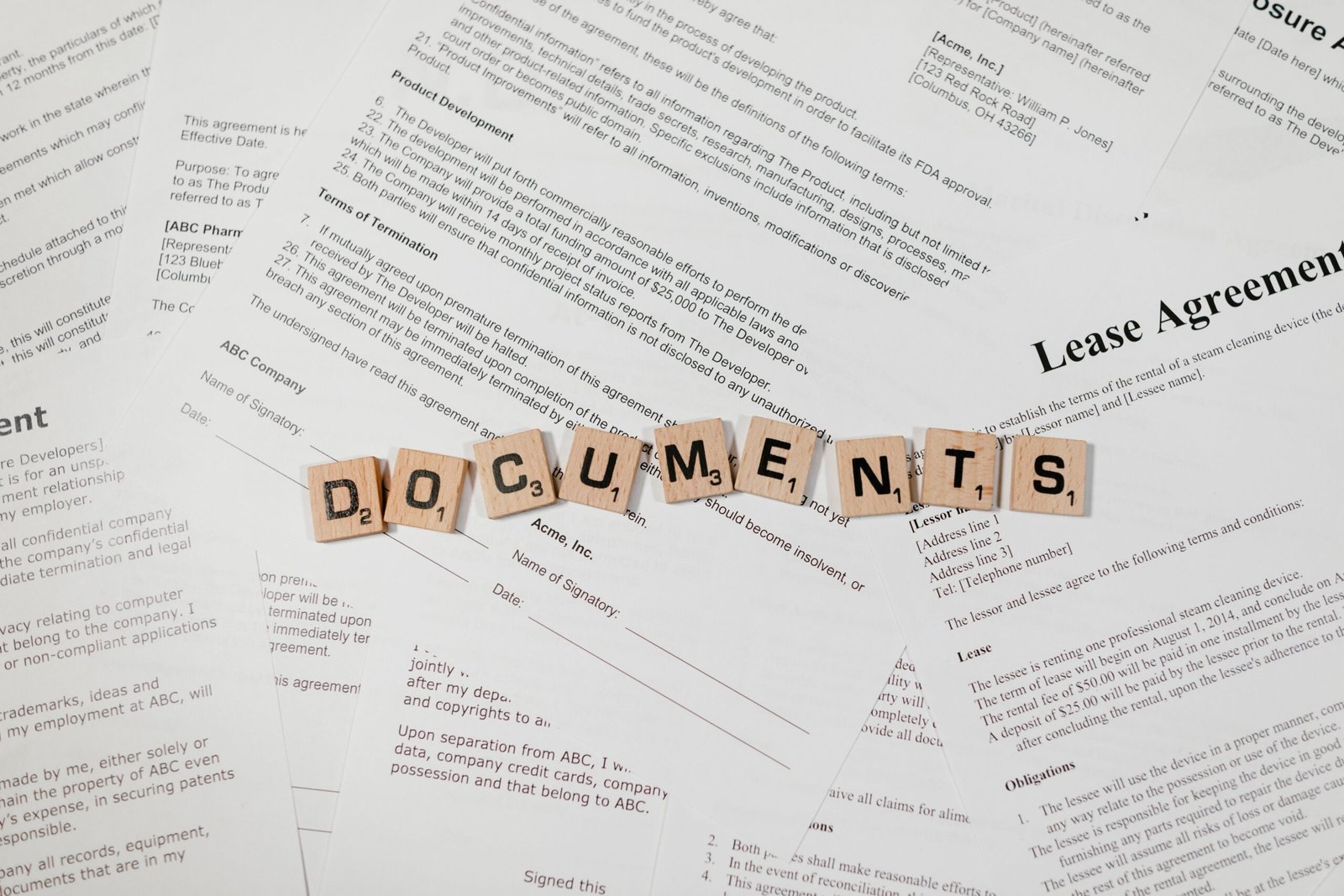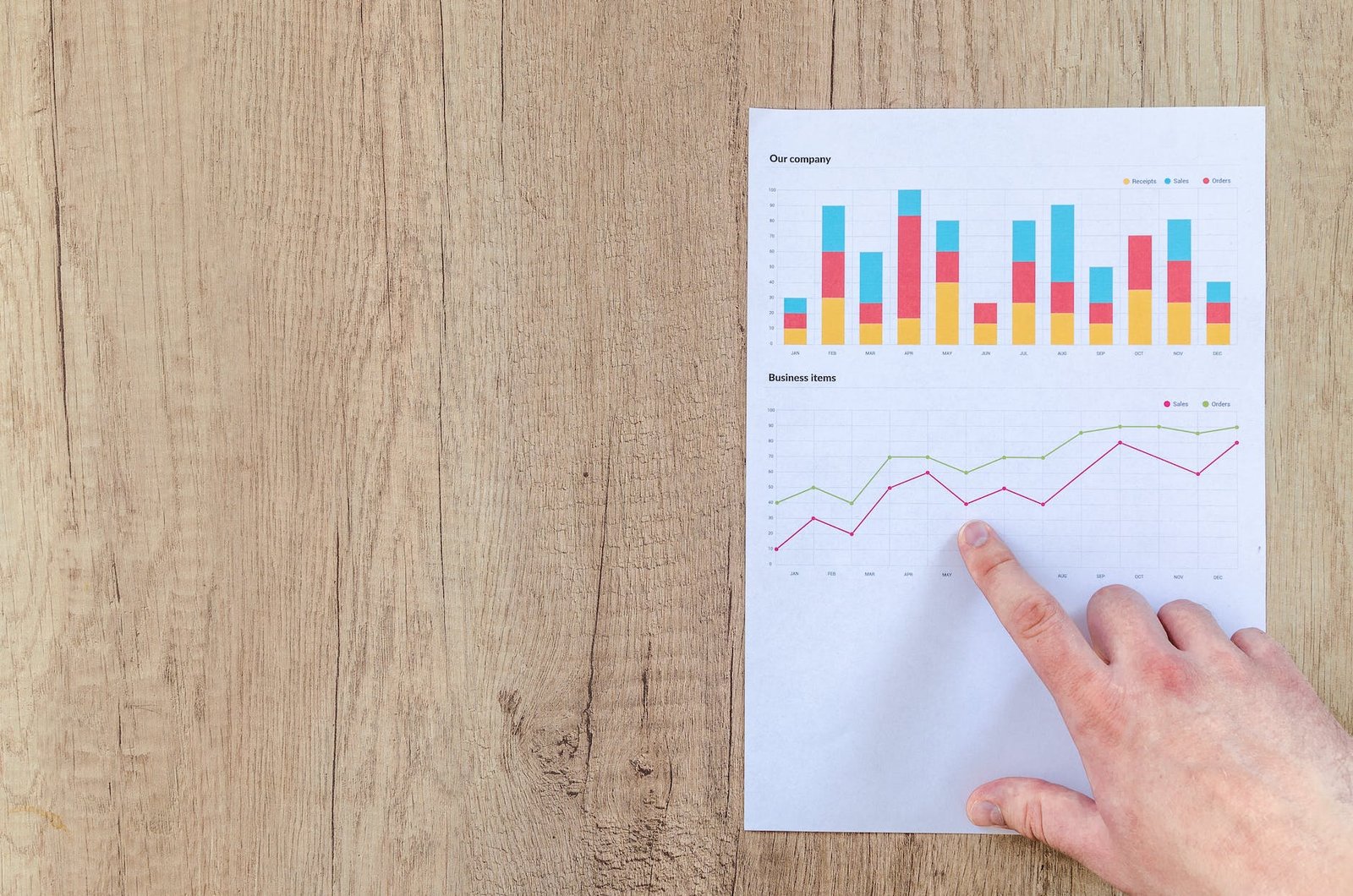Clauses for Property Maintenance
The Importance of Maintenance Clauses
Maintenance clauses cover everything from changing light bulbs to repairing the roof. They specify who’s in charge of what, making it clear that, for instance, mowing the lawn is the tenant’s job, while fixing a leaking pipe falls on the landlord’s shoulders. Having these clauses prevents disputes and ensures a well-maintained property.
Property maintenance is like taking care of your car – regular check-ups keep it running smoothly. In the same way, having well-drafted maintenance clauses in your lease agreement ensures your property stays in top shape. These clauses lay out the responsibilities of both landlords and tenants, leaving no room for confusion.
Crafting Effective Clauses
An effective maintenance clause is a bit like a perfectly cooked meal – it requires the right ingredients. Start with a detailed list of what’s covered. Consider the HVAC system, appliances, plumbing, and more. Be specific about regular maintenance schedules. For instance, specify that the furnace filter must be changed every three months or gutters cleaned twice a year.
Also, think about emergencies. What happens when the toilet gets clogged at midnight? Your clause should outline the process for requesting urgent maintenance and the expected response time. Creating a clear, fair, and comprehensive maintenance clause is a recipe for a harmonious landlord-tenant relationship.
Review and Revise
Lastly, remember that a good maintenance clause isn’t set in stone. It’s more like a living document that should be reviewed regularly. Maintenance needs evolve, and so should your clauses. Take the time to revisit your lease agreements and update them to reflect new maintenance requirements or changes in responsibilities. Your property – and your tenants – will thank you for it.
Defining Tenant Responsibilities
Unpacking Tenant Responsibilities
Have you ever heard the saying, “It takes two to tango”? Well, the same goes for a rental agreement. In the choreography of the landlord-tenant dance, it’s crucial to define the tenant’s responsibilities clearly. These responsibilities are the steps tenants take to maintain and care for their rental home.
From paying rent on time to keeping the property clean and tidy, tenants have their own set of duties. These responsibilities are often outlined in your lease agreement, and they’re essential to ensure a harmonious renting experience. Let’s dive deeper into these tenant responsibilities and why they matter.
Paying Rent Promptly
One of the primary responsibilities of a tenant is paying rent on time. It’s like having your ticket to the show ready before the curtain goes up. Paying rent promptly is not just about being punctual; it’s a vital part of a healthy landlord-tenant relationship. It ensures that your landlord can cover their costs and maintain the property without financial stress.
A friendly reminder: if you’re facing difficulties paying rent on time, it’s best to communicate with your landlord. They might be understanding and willing to work out a solution. Open communication is key to addressing any hurdles in meeting your financial responsibilities as a tenant.
Maintenance and Cleanliness
Think of your rental property as your home, even if it’s not a permanent one. Just like you’d tidy up your own place, tenants are responsible for keeping their rental clean and well-maintained. It’s not about becoming a professional cleaner or handyman, but rather about maintaining a basic level of cleanliness and care.
This includes regular cleaning, changing light bulbs, and notifying your landlord about any necessary repairs. Remember, it’s in your best interest to keep your home in good condition; you’ll enjoy a comfortable living environment and maintain a positive relationship with your landlord.
Following House Rules
Lastly, tenants should follow any house rules specified in the lease agreement. These could include policies on pets, smoking, noise, or other specific guidelines. Think of it as agreeing to the rules of the dance – it keeps everyone in harmony and ensures a pleasant living experience. Following the established house rules contributes to a peaceful coexistence with your landlord and fellow tenants.
In summary, tenant responsibilities are like the steps in a dance routine – they’re essential for maintaining a smooth, harmonious, and enjoyable landlord-tenant relationship.
Handling Security Deposits
The Deposit Dilemma
Imagine you’re a landlord, and your tenant has just moved out. The property, while still in good shape, has some minor wear and tear. Now comes the age-old dilemma – handling the security deposit. It’s like deciding whether to share your dessert or savor it all for yourself. Security deposits are there for a reason, and knowing how to deal with them is crucial.
As a landlord, it’s essential to be fair and transparent when handling security deposits. You want to ensure that both you and your tenant walk away from the rental experience feeling satisfied. So, let’s dive into the nitty-gritty details of managing these deposits effectively.
The Art of Deductions
When it comes to security deposits, the ‘deductions’ are where things can get tricky. It’s like finding out your favorite dessert has a few extra calories. As a landlord, you need to make deductions for actual damages that go beyond normal wear and tear. These damages can include anything from broken windows to damaged appliances.
The key here is to document everything. Take photos, keep receipts, and create a checklist before and after a tenant’s stay to show any changes in the property’s condition. This evidence will be your secret ingredient for a fair resolution when it’s time to make deductions.
The Return Process
Now, let’s talk about returning the security deposit. It’s like finally sharing that delicious dessert with your guest. In most places, landlords are usually required to return the deposit within a specific timeframe after a tenant has moved out. This time frame varies by location, but typically falls between 14 to 30 days.
Remember, transparency is the name of the game. When returning the deposit, provide a written breakdown of any deductions made, along with the remaining balance. It’s a sweet way to ensure your tenant understands the process and feels they’ve been treated fairly.
Keep Communication Sweet
Throughout the entire security deposit journey, clear and friendly communication with your tenant is the icing on the cake. Discuss expectations about the deposit when the lease is signed, so there are no surprises at the end. Address any concerns your tenant might have, and be sure to respond promptly to their inquiries.
So, there you have it – the art of handling security deposits from a landlord’s perspective. Remember, a fair, transparent, and respectful approach will make the process feel as delightful as enjoying that dessert together.
Lease Renewal Strategies
Why Renewal Matters
As a landlord, securing a lease renewal can feel as satisfying as finding a fifty-dollar bill in your coat pocket. It means stability, fewer vacancies, and the opportunity to maintain a positive landlord-tenant relationship. But how do you go about it?
Early Bird Gets the Worm
Ever heard the saying, “The early bird gets the worm”? When it comes to lease renewals, this couldn’t be truer. Start the renewal conversation well in advance of the lease expiration date. A little sweet-talk can go a long way. Reach out to your tenant at least two to three months ahead, express your interest in having them stay, and highlight any benefits they’ll enjoy by renewing, like avoiding a rent increase.
Incentives Are Your Secret Sauce
To sweeten the deal, consider offering incentives. Just like a special dessert on the house, incentives can make your tenant feel valued. Think about a modest rent discount or covering maintenance expenses. It’s an investment that often pays off with a happy, loyal tenant.
Communication, Not Confrontation
When discussing lease renewal, maintain open and friendly communication. No one likes a hard sell. Instead, ask your tenant how their experience has been so far and if there’s anything they’d like to see improved. Address their concerns, if any, and highlight any efforts you’ve made to maintain the property.
The Fair Rent Balancing Act
One crucial aspect of lease renewals is rent adjustments. Avoid the shock factor by discussing potential rent increases well in advance. Highlight any improvements or added services they’ll receive in return for the increase, making it a win-win scenario.
Be Flexible as a Contortionist
Sometimes life throws curveballs, and tenants might need a lease with flexible terms. Don’t be afraid to be a little flexible yourself. Consider shorter lease extensions if your tenant is unsure about their long-term plans. It’s all about maintaining a harmonious landlord-tenant relationship.
Sweeten the Deal with Perks
Lastly, consider offering additional perks or upgrades, such as new appliances, fresh paint, or more frequent landscaping services. Much like a free scoop of ice cream with your dessert, these perks can make your tenant’s decision to renew a no-brainer.
In conclusion, lease renewals are about building positive, long-term relationships with your tenants. Start early, communicate openly, and be flexible. It’s like enjoying a delicious dessert together – everyone leaves the table with a smile.




